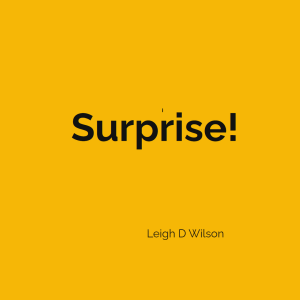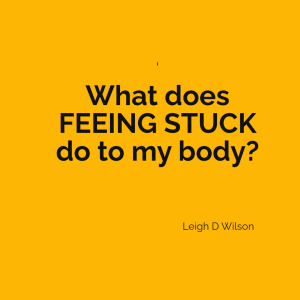It is spring at last, here in Melbourne, Australia. The countryside is lush green after the torrential rains that we have had this winter, ending a lengthy drought.
The air is filled with the beautiful fragrance of wattle as it blossoms bright and golden, so that the bush truly reflects the green and gold of our national colours. The lawn is often dotted with the brilliant red, blue, green and yellow colours of rosellas and parakeets and the air filled with the laughter of kookaburras.
It is also the time of the year when the AFL (Australian Football League) football – an incredibly spectacular and athletic code of football played in Australia – season draws to its inevitable climax.
Over recent weeks, we have seen the best of the best teams fight it out for the glory of the 2019 AFL Premiership.
Quite apart from the wonderful spectacle that these superb athletes provide, I really enjoy watching football because of the insights that it gives me into human behaviour. I regard sport as a scaled-down version of life, reduced in time and space, constrained by a reasonably simple set of rules. It is like seeing life condensed on a much smaller screen.
Recently, I have been reflecting on the ways that games often turn out.
At this time of the year, the teams that have made it to the top of the ladder are the very best, and are generally closely matched in skill and endeavour.
Frequently, the matches begin with an incredibly tight struggle, like a giant arm-wrestle, as each team tries to get the upper hand.
Sometimes, if we are lucky, this struggle continues throughout the whole match with neither team gaining real ascendancy, the leadership oscillating from one to the other and back again, right up to the final siren, when one of the teams might win by the slenderest of margins.
On other occasions, one team might slowly draw ahead as their skill and endurance surpasses that of the opposing team until the final result is nothing more than a foregone conclusion.
It is not uncommon as these matches are played out to see players on the losing team make errors of judgement as their skill level seems to drop off.
By the third quarter, it can often be hard to remember how close these teams were at the beginning of the match. It’s as if the losing team has suddenly lost much of its prowess as the defensive play, the fumbled ball handling and missed shots for goal so frequently testify. Eventually, even without knowing the score, it becomes easy to tell who is losing, simply by the body language of the players.
Commonly, teams that play like this are motivated by Away Motivation, a fear and dislike of losing and all that this entails, rather than being motivated by Toward Motivation being motivated by the joy and thrill of winning and success.
Of course, they haven’t suddenly lost their skill: it’s just that their skill level is reflecting their thought-patterns, which in turn reflect their diminishing self-belief, as their fears become reality.
As one of the commentators said recently: “players are far more energised when they are playing for hope than when they are playing for pride.” Or, as a famous player and football commentator, the late Lou Richards, would often say succinctly, “When you’re hot, you’re hot and when you’re not, you’re not!“
On the other hand, there are teams that can fall behind and are yet still able to play with the same dash and dare that they have when they are in front.
These teams are inevitably motivated by Toward Motivation, as the players are fueled by all the positive images that success represents for them, despite the inevitable obstacles that they must overcome earlier in the match while they are losing.
They refuse to focus on the scoreline, instead putting all their energies into getting the ball and using it effectively. They treat each passage of play as a game in its own right, to be fought out and won, one by one. It is not uncommon with these teams for the course of the game to suddenly change direction, as they dramatically and rapidly gain ascendancy.
It might be a pattern interrupt in the form a of dashing piece of play that inspires and lifts the whole team. It might be a pattern interrupt in the form of the words used by the coach during one of the breaks in play. On the other hand, it might be simply a dogged determination to win, a resilience and a refusal to accept anything less than winning.
As you face your financial challenges this day, which type of team are you playing for?
(Note: to create a pattern interrupt is to do something that will deliberately change a pattern of thought or chain of conversation. For more about this, refer to page 76 of Overcoming Financial Stress, and for more information regarding Towards and Away From motivation, refer to page 139.)











